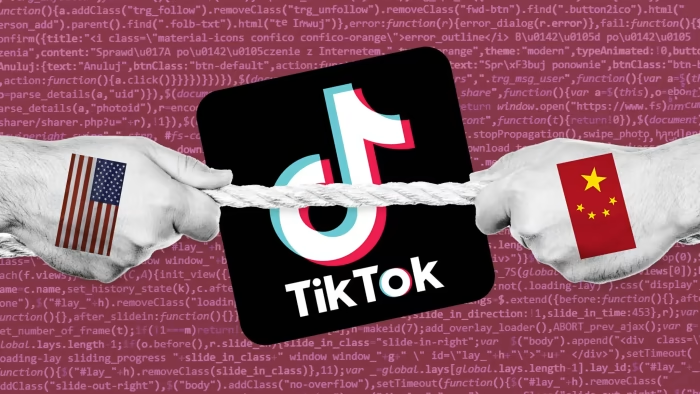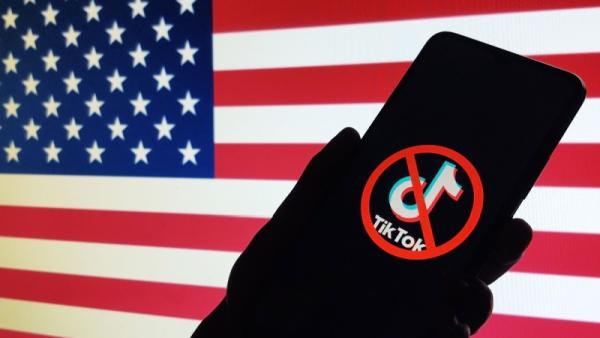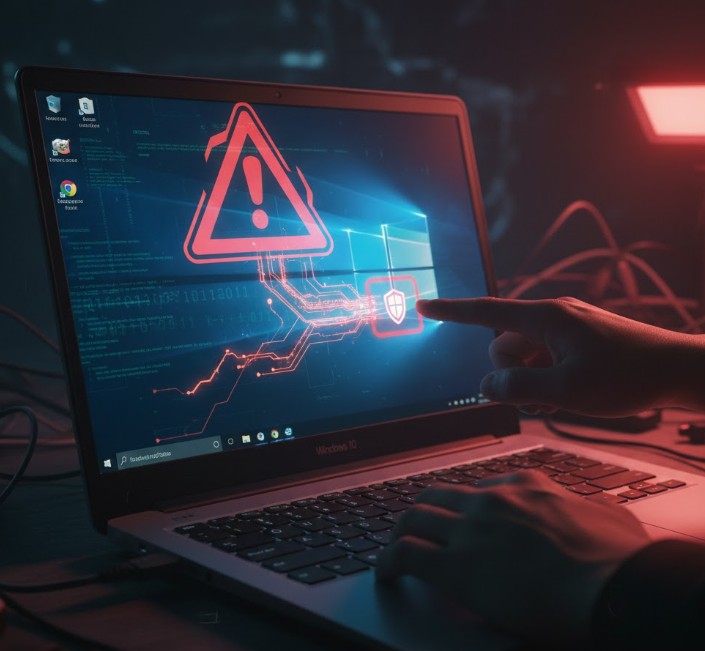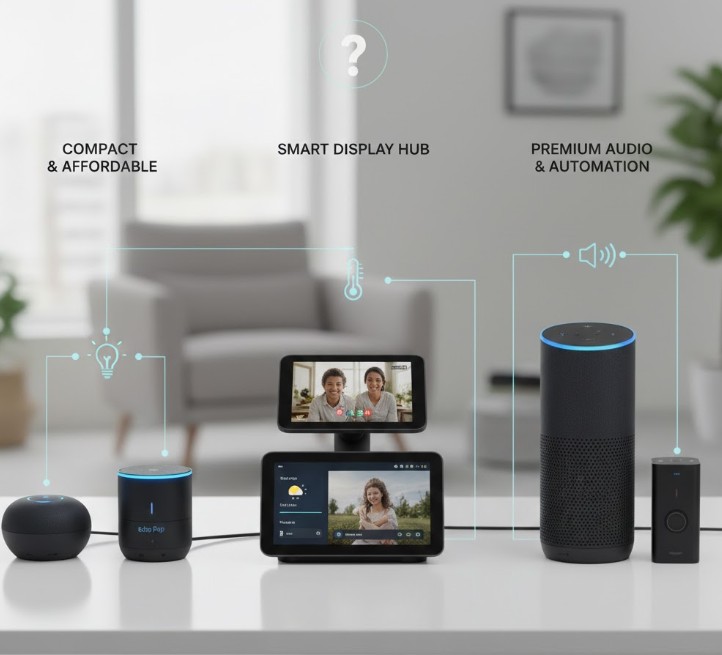MyGeekScrore : When it comes to modern technology and global politics, TikTok has become one of the most talked-about platforms. What started as a simple short-video app has transformed into a major player in the international tech landscape. Its rapid growth, powerful influence over younger audiences, and ties to China have placed it at the center of U.S.-China tech tensions. To understand how to analyze TikTok’s role in this larger debate, it’s essential to look at its global presence, data privacy concerns, security issues, trade wars, and political strategies shaping its future.
The Global Influence of TikTok
TikTok is no longer just another social media app; it is a cultural force. Millions of creators, brands, and communities rely on it daily to share content, express creativity, and engage audiences. Unlike traditional platforms, TikTok’s algorithm is uniquely designed to push content based on interests rather than follower counts. This has made it one of the fastest-growing apps worldwide.
However, its dominance is not just about entertainment. The ability to influence trends, opinions, and even political narratives has made governments pay close attention. TikTok’s popularity in the U.S. highlights how deeply integrated the app has become in everyday life, but also why regulators are worried about its long-term impact.
Data Privacy at the Core of Tensions

One of the main reasons TikTok sits at the center of U.S.-China tech conflicts is data privacy. Critics argue that because TikTok is owned by ByteDance, a company headquartered in China, user data could potentially be accessed by Chinese authorities. This has fueled fears about national security, especially given the app’s access to vast amounts of personal data such as browsing habits, location, and device usage.
While TikTok has repeatedly stated that U.S. data is stored outside of China and protected with strict protocols, skepticism remains. The debate isn’t just about where data is stored, but about trust and transparency in how data is handled.
Security and National Interest
For the U.S., the main issue goes beyond entertainment or viral videos. The real concern is national security. The fear is that TikTok could be used as a tool for surveillance or influence campaigns. This makes the app a potential risk in the eyes of policymakers.
The discussion also links to larger questions about how digital platforms can shape opinions, especially during elections or international crises. Social media has already proven its power in spreading information rapidly. With TikTok’s algorithm-driven influence, the stakes are even higher.
Trade Wars and Economic Competition
Another angle in analyzing TikTok’s role is economic. The U.S. and China are in a long-running competition for dominance in technology. From semiconductors to artificial intelligence, both countries are pushing hard to lead in innovation. TikTok, as a successful Chinese app gaining dominance in the U.S. market, symbolizes this rivalry.
Banning or restricting TikTok is not only about security—it’s also about economic competition. By limiting TikTok’s reach, the U.S. could create more opportunities for American platforms to compete. On the other hand, restricting TikTok could lead to retaliation from China, making this a complicated trade issue.
Political Strategies Around TikTok
TikTok has become a political talking point in both the U.S. and China. In Washington, lawmakers frequently debate whether the app should be banned, regulated, or forced into U.S. ownership. For political leaders, showing a tough stance on TikTok often aligns with showing strength against China in general.
Meanwhile, China sees the restrictions as unfair treatment of a Chinese business. For them, TikTok’s success is a symbol of global recognition of Chinese innovation. This makes the platform not only a business issue but also a matter of national pride.
The Role of Semiconductors and Broader Tech Tensions
It’s impossible to analyze TikTok without considering the broader tech tensions, especially in semiconductors. The U.S. has imposed restrictions on advanced chips being sold to China, citing concerns about their use in AI and military technologies. China, in response, has limited access to certain U.S. technologies.
TikTok becomes part of this bigger puzzle. It’s not just about one app—it’s about the balance of power in global technology. Both sides see control of digital platforms and advanced hardware as critical to shaping the future.
Public Perception and Cultural Impact
Interestingly, while governments debate, users see TikTok differently. For creators and audiences, the app is a source of entertainment, learning, and even income. Many small businesses rely on TikTok to market products and reach new customers. Influencers build careers on the app, and trends often start there before spreading to other platforms.
This creates a disconnect between policymakers and everyday users. For many Americans, TikTok is harmless fun. For the government, it represents a risk. Balancing these perspectives makes the issue even more complex.
Possible Solutions and Path Forward

To understand TikTok’s role in U.S.-China tensions, it’s worth looking at possible solutions:
- Regulation instead of banning: Strict rules around data handling, audits, and transparency could allow TikTok to operate safely while protecting user data.
- U.S. ownership models: Some policymakers suggest forcing ByteDance to sell TikTok’s U.S. operations to an American company. This would reduce concerns but might face resistance from China.
- Global standards: Developing international standards for data privacy and tech governance could ease tensions, though reaching agreements would be challenging.
Each path comes with trade-offs, and none provide a simple fix.
Lessons for the Future of Tech Diplomacy
TikTok teaches us valuable lessons about modern tech diplomacy. First, technology is no longer just about innovation—it’s deeply connected to national security, trade, and politics. Second, global platforms must navigate not only business interests but also international relations. Finally, user trust and transparency will remain critical in shaping how platforms are perceived worldwide.
Conclusion
TikTok’s rise from a short-video platform to a centerpiece of U.S.-China tiktok tech tensions highlights how technology has become central to geopolitics. To analyze its role, we must consider multiple angles: data privacy, national security, trade competition, political strategies, and cultural influence.
The story of TikTok is more than just about one app—it is about the future of global technology and how nations navigate the balance between innovation and security. As both the U.S. and China continue to assert their positions, TikTok will remain a powerful example of how digital platforms can influence not only culture but also the direction of international diplomacy.







Leave a Reply